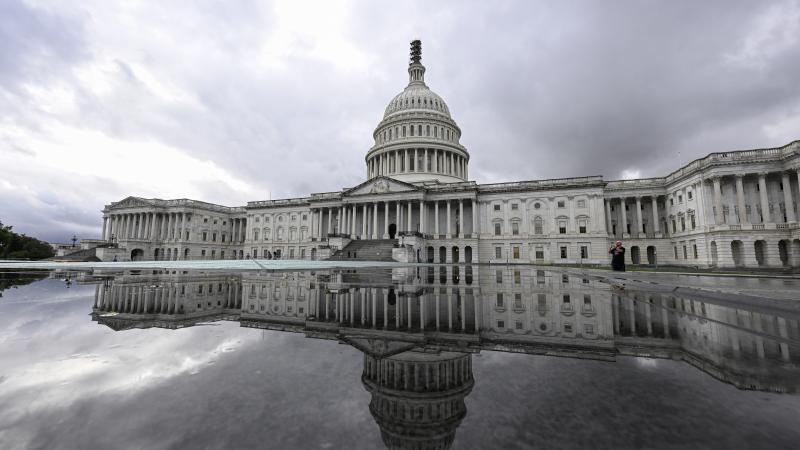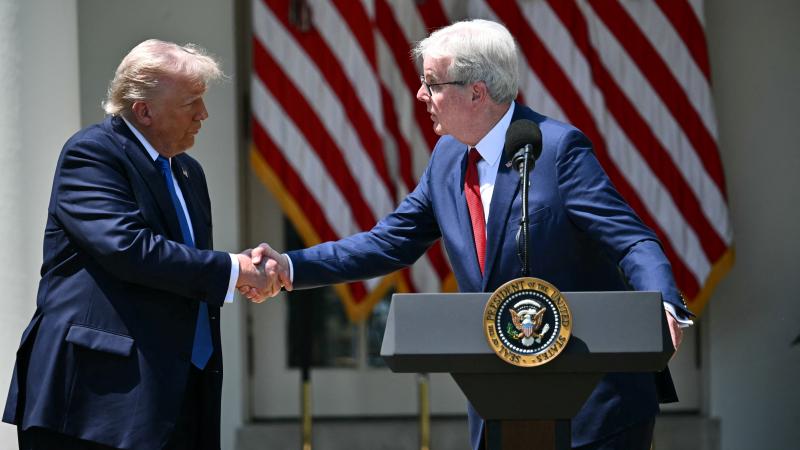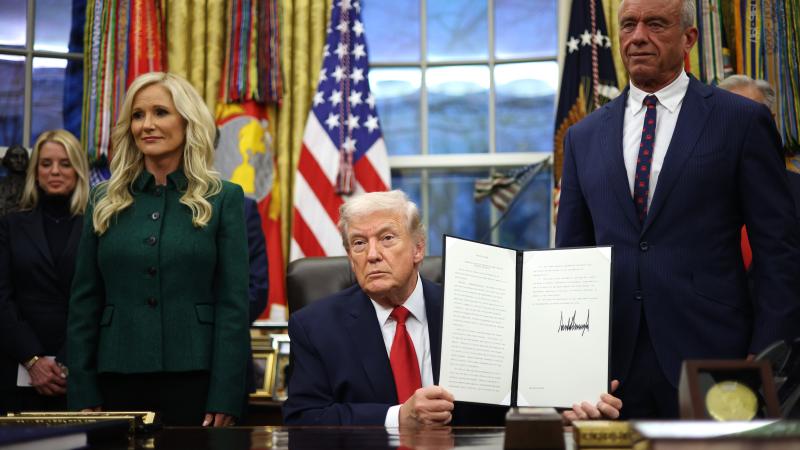Cruz introduces bill to allow families to save without tax penalties
“A simple and accessible incentive savings plan will provide families with a way to establish financial security and prosperity. This bill provides a straightforward solution to those challenges,” Cruz says
(The Center Square) -
U.S. Sen. Ted Cruz, R-Texas, has introduced another bill to help families save money without tax penalties. He previously introduced a bill to expand tax-deferred education savings plans and another to create Education Savings Accounts for military families, The Center Square reported.
Now, he’s introduced the Universal Savings Account Act to allow American families to save without the restrictions and penalties associated with traditional tax advantaged accounts.
“A simple and accessible incentive savings plan will provide families with a way to establish financial security and prosperity. This bill provides a straightforward solution to those challenges,” he said.
The bill would amend the Internal Revenue Code of 1986 to create Universal Savings Accounts (USAs). The bill defines USAs as a trust into which cash is deposited or withdrawn. It would restrict initial contributions to $10,000, allowing the amount to increase by $500 every year, before capping at $25,000 per calendar year.
The bill would exempt distributions from gross income and taxation. It also wouldn’t limit contributions based on income and allow for inflation adjustments. It would prohibit funds from being comingled with other property or from being invested in life insurance, according to the bill language.
U.S. Rep. Diana Harshbarger, R-Tenn., introduced companion legislation in the U.S. House. She described the bill as “commonsense,” saying it will “empower Americans to take control of their financial futures.”
The bill “cuts through red tape and gives every American a flexible, tax-free way to save, invest, and spend – without government interference or penalties,” she said.
According to a Tax Foundation analysis, most types of savings put Americans at a disadvantage because the money is subject to double taxation through income tax. People who save for emergencies, to buy a home, start a family or business, or for any other reason are subjected to their savings being taxed after they’ve already paid income tax on their earnings.
“Current tax-advantaged savings options are overly complex and restrictive,” the foundation argues. USAs, by contrast, “are tax-advantaged savings vehicles with unrestricted use of funds, allowing participants to save for any reason without penalty or excessive paperwork.”
It also argues that USAs would benefit low-income households by enabling them to save, which contributes to upward mobility.
“Over the long run, the most effective and sustainable way to improve financial security and upward mobility is through policies that lead to greater household saving and wealth accumulation at all levels of income,” the foundation says. “However, the current federal tax code generally discourages saving, since the income tax applies once to wages and then again to the return on wages that are saved. By contrast, there is no additional tax on wages that are consumed rather than saved. To offset this effect, the tax code contains a patchwork of preferences for saving with complicated rules that generally benefit higher-income households.”
Creating USAs would over “the long run, effectively exempt from taxation most investment income that is earned by low- and middle-income households, boosting saving substantially among these households.”
If passed and signed into law, the bill would be “a win for working families, a win for personal freedom, and a win for financial independence,” Harshbarger said.













